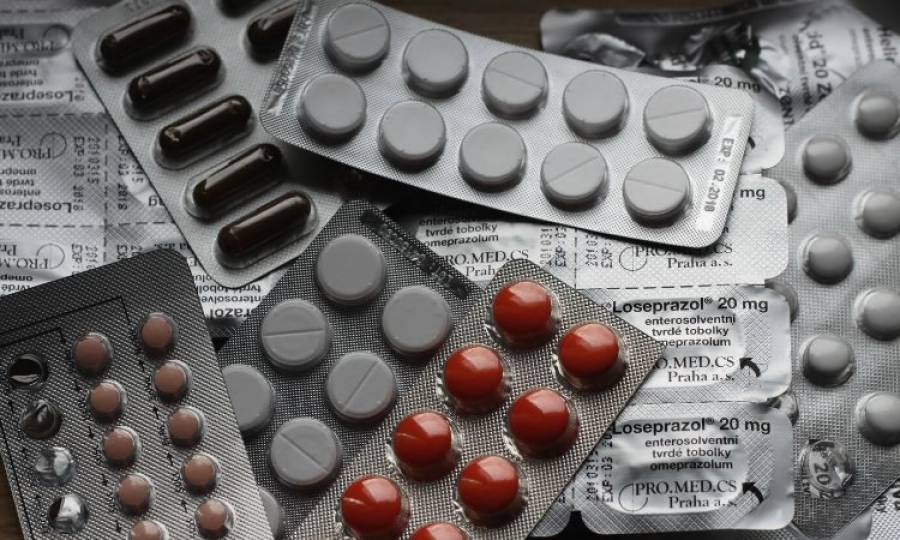Pakistan Pharmaceutical Manufacturers' Association gives deadline to DRAP

KARACHI: The Pakistan Pharmaceutical Manufacturers' Association (PPMA) has given the DRAP a one-week deadline to adopt emergency measures for the drug industry's very survival; otherwise, the PPMA will be forced to take extreme measures, including price adjustments, to ensure the availability of essential medicines in the country.
During an emergency news conference, the PPMA's leaders issued the aforementioned warning.
At the news conference, the outgoing chairman of the PPMA, Qazi Mansoor Dilawar, the incoming chairman, Farooq Bukhari, and two past chairs, Dr Kaiser Waheed and Zahid Saeed addressed.
In the past few months, according to the PPMA's leaders, the Drug Regulatory Authority of Pakistan has failed to fulfil its responsibilities regarding the availability of critical drugs at acceptable prices on the market.
"Pakistan is facing its greatest health challenge since the pandemic in the form of a massive outbreak of lethal infectious diseases among communities displaced by floods, as the availability of essential medicines has become more crucial than ever before in these trying times," said the chairman of the Pakistan Pharmaceutical Manufacturers' Association (PPMA), Dilawar.
In light of the PPMA's desire for the inexpensive availability of critical medications on the market, he stated that drug manufacturers could not choose to suspend production to protest the existing severe conditions.
In the best interest of patients, he stated that the DRAP had a solid obligation to promptly convene a meeting of its policy board to consider emergency steps to ensure the pharmaceutical industry's uninterrupted production.
Dilawar stated, "The DRAP is required by the Drug Act of 1976 to assure the availability of safe, effective, and potent pharmaceuticals at reasonable prices acceptable to both consumers and the pharmaceutical industry."
He stated that it was deplorable that DRAP had entirely failed to fulfil its responsibilities in this regard during the past few months.
He informed the media that the 2018 medication pricing policy enabled the DRAP to use extraordinary measures to overcome unusual economic conditions in the country to ensure the market supply of essential medicines.
"These abnormal circumstances have persisted for many months in our business as a result of the enormous devaluation of the rupee and the spectacular rise in the cost of making pharmaceuticals," he said.
According to him, the PPMA contacted the DRAP in April of this year to organize a meeting of its policy board. "Despite sending many letters, alerts, and reminders, the DRAP and higher government authorities paid no attention to our emergency request in this regard," he stated.
"As a final choice, we petitioned the Islamabad High Court against the government's indifference to our pressing difficulties, and the honourable court ordered the DRAP 15 days to review our unique circumstances before enacting corrective actions," he clarified.
Dilawar stated that more than one and a half months had gone since the court's directive and that the DRAP had not yet taken steps to remedy our difficulties.
"The media has already reported that approximately 100 critical drugs are no longer available on the market, and we do not want this situation to worsen to protect the interests of patients in the country," he explained.
He stated that if the DRAP failed to take action within the one-week deadline, the pharmaceutical companies would be required to take extreme measures to ensure the market's availability of medications.
"These remedies could include pricing adjustments and petitioning the highest court to initiate contempt proceedings against the DRAP for failing to comply with the court's previous directives in this regard," he added.
Trending
Popular
Wearable sensors could revolutionize cancer radiotherapy safety
-
Severe Asthma affects 5-10% of patients ...
02:30 PM, 24 Nov, 2024 -
First blueprint of human skeletal ...
02:30 PM, 23 Nov, 2024 -
Election lollypop: Trump’s tariffs ...
08:30 PM, 21 Nov, 2024 -
University of Karachi students develop ...
12:30 PM, 21 Nov, 2024




